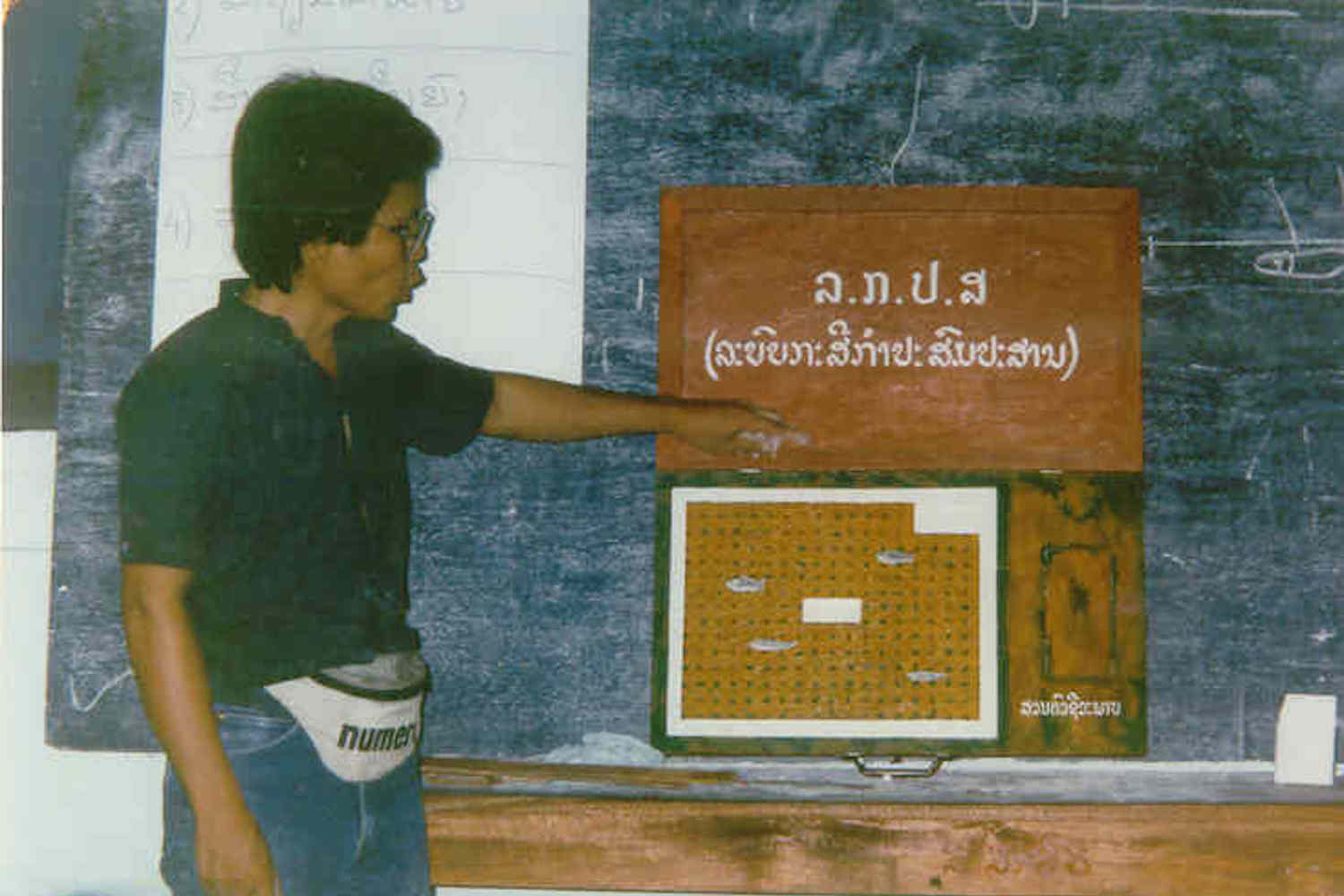Dear Sombath,
 I began meeting you only after they said you were gone, a victim of enforced disappearance.
I began meeting you only after they said you were gone, a victim of enforced disappearance.
I first met you in an email sent by my colleague at Focus on the Global South, Joseph Purugganan exactly one year ago, when I first joined the organization as a budding activist. He mentioned of the dramatic rise in the killing of environmentalists all over the world and the need to programmatically address the issue of extrajudicial killings and criminalization of dissent, as part of the Sombath Initiative and Focus’ broader Power and Democracy program. I was intrigued by your life so I began digging deeper and learning more about your ideas and ideals.
We are similar, in a way, in our preference of working in the field with the people rather than writing about it.
I met you for the second time, in Malaysia, in the ASEAN Civil Society Conference/ASEAN People’s Forum (ACSC/APF). People were talking about you. People spoke of how you pioneered the use of Participatory Rural Appraisal in Laos and how you helped the Lao people to come up with solutions by themselves.
We are similar, in a way, in our approach of learning from the people, with the people, and practicing what is most appropriate in our own community and environment.
I met you for the third time, in Thailand, in the Sombath Symposium on Traditional, Cultural, and Alternative Perspectives on Humanity’s Relationship with Nature. Your wife, Ng Shui Meng, shared your life story, how you grew up as a farm boy and how you lived very close with nature in a small community. She proudly talked about the way you worked with civil society and even government groups in Laos, and your ability to build partnerships by putting aside your own ideas and thinking in order to reach out and find a common ground with the people. I learned a lot about you and your model of balanced development, the four pillars of a happy and livable Laos, and its foundations of good governance and quality education.
We are similar, in a way, in our view of the importance of education for liberation and transformation, and that education does not just happen in formal education systems but is learned from actual practice and peoples’ realities.
I met you again, in the Philippines, in a Summer and Environmental Youth Camp where one of the best things I learned is that the youth and student sector is the primary force for cultural activism because they are the ones who are thirsty for knowledge, who are overflowing with energy, curiosity, and enthusiasm; who are talented and who cut across all the sectors of society. I remembered what you said in the Asia-Europe People’s Forum, “We need to give more space for the ordinary people, especially young people, and allow them to be the drivers of change and transformation.” I witnessed this firsthand in the camp.
We are similar, in a way, in our belief that the education of the heart is the heart of education.
I realized that so many aspects of your work and thinking resonate with me. And then it hit me – you were never really gone. You are here; your vision very much alive.
I hope to meet you again soon, Sombath.
Galileo de Guzman Castillo

